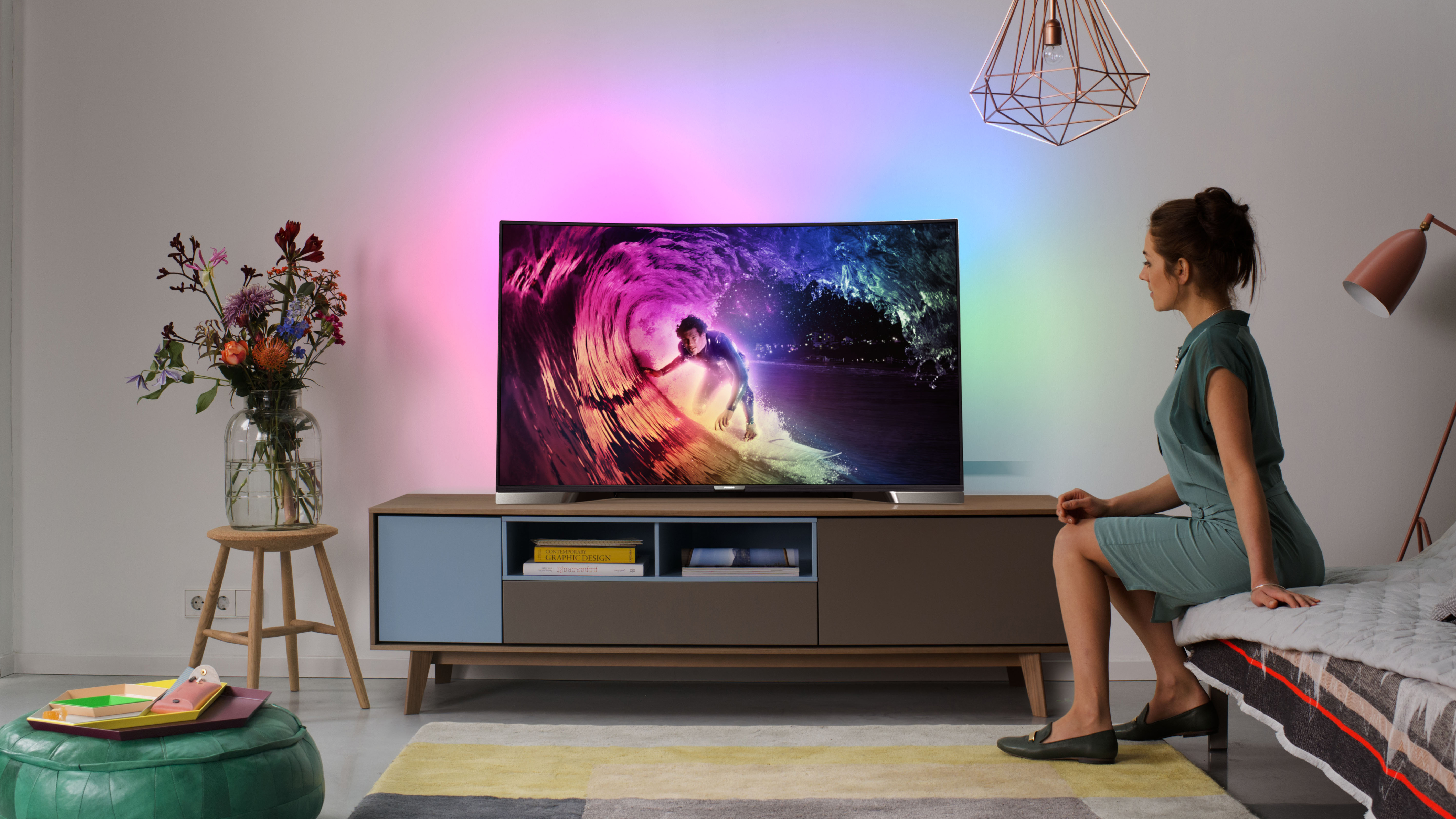Why the hell should I pay more for 4K?
New business, same evil

Sign up for breaking news, reviews, opinion, top tech deals, and more.
You are now subscribed
Your newsletter sign-up was successful
It recently emerged that Netflix, the streaming company so famous that even old people are aware of it and planning on asking a grandchild how to get it on their 1989 Sony BRAVIAs, wants new subscribers to pay more for access to 4K streams.
We also recently saw the launch of Tidal Music, a Spotify-battling service that offers 'HiFi' quality music, delivering 1411kbps, 44.1 kHz/16-bit FLAC and ALAC streams. The cost of this? £20/$20 per month.
We've already, as one great human collective, decided that 3D is rubbish technology that adds nothing to the experience of watching endless reboots, and we don't want it. We came together. The planet said 3D was too clumsy and expensive and we've got enough plastic crap in the lounge already without the need for special TV-watching glasses as well.
A few people who bought 3D TVs three years ago will tell you otherwise, but it's gone. If we're made to pay more for 4K, and if it's positioned as a premium product only good enough for the immense TVs and unlimited fibre pipes of the super-rich, it risks going the same way.
The mainstream man, in his mainstream lounge, watching his mainstream content with one eye and updating Facebook on his mobile phone with the other, already finds it hard to tell much of a difference between upscaled SD content and HD terrestrial TV.
The jump to 4K will no doubt be welcomed by the sort of enthusiast who kneels in front of the TV with a calculator and magnifying glass to make sure he's not being short-changed in terms of how many pixels he's getting, but will the average consumer, already used to watching upscaled content from numerous sources on 7-inch tablet displays, care about 4K?
Probably, yes, if it's free, easy to access and becomes a bullet point to boast about. Perhaps then. But if the streaming companies think there's enough enthusiasm for 4K that it can be sold as a premium product, they're wrong, and pushing it down the same road to irrelevance as the most recent 3D blip.
Sign up for breaking news, reviews, opinion, top tech deals, and more.
The same goes for lossless music streaming. The average music lover is actually quite happy with Spotify's 320kbps thank you very much. They don't feel like their ears are being "punished" so why would they pony up twice as much per month just so Jeff Buckley sounds a bit more defined?
Don't get me wrong: Tidal is an excellent service that offers a stunning sound - it's just a shame that so many people won't experience it at this price.
Adoption tactics
Making people pay more for the best quality of something digital stinks of the sort of greedy tactics that caused the music industry to explode amid a storm of negativity and recrimination.
Yes, Netflix and Tidal have to make money somehow and we assume it's quite expensive to host 4K videos/CD-quality tunes and bung them out to thousands of people at the same time, but that's not our problem to solve. Moore's Law should mean it's half the price to buy new servers that it was 18 months ago, so that must help.
4K is still a new technology. It needs to get inside people's houses, build up user numbers and prove its worth before it becomes a thing that's worth extra money.
Why punish the early adopters again? The poor suckers who spent a stupid amount on additional pairs of 3D glasses for their living room TVs need reassuring that their next TV isn't going to be another expensive black elephant, like the 3D sets of a few of years ago.
4K content is niche, 'HiFi' quality music is perceived by many as unnecessary. They have a chance to flourish, but tell people they're more expensive and you only risk killing them off more quickly.